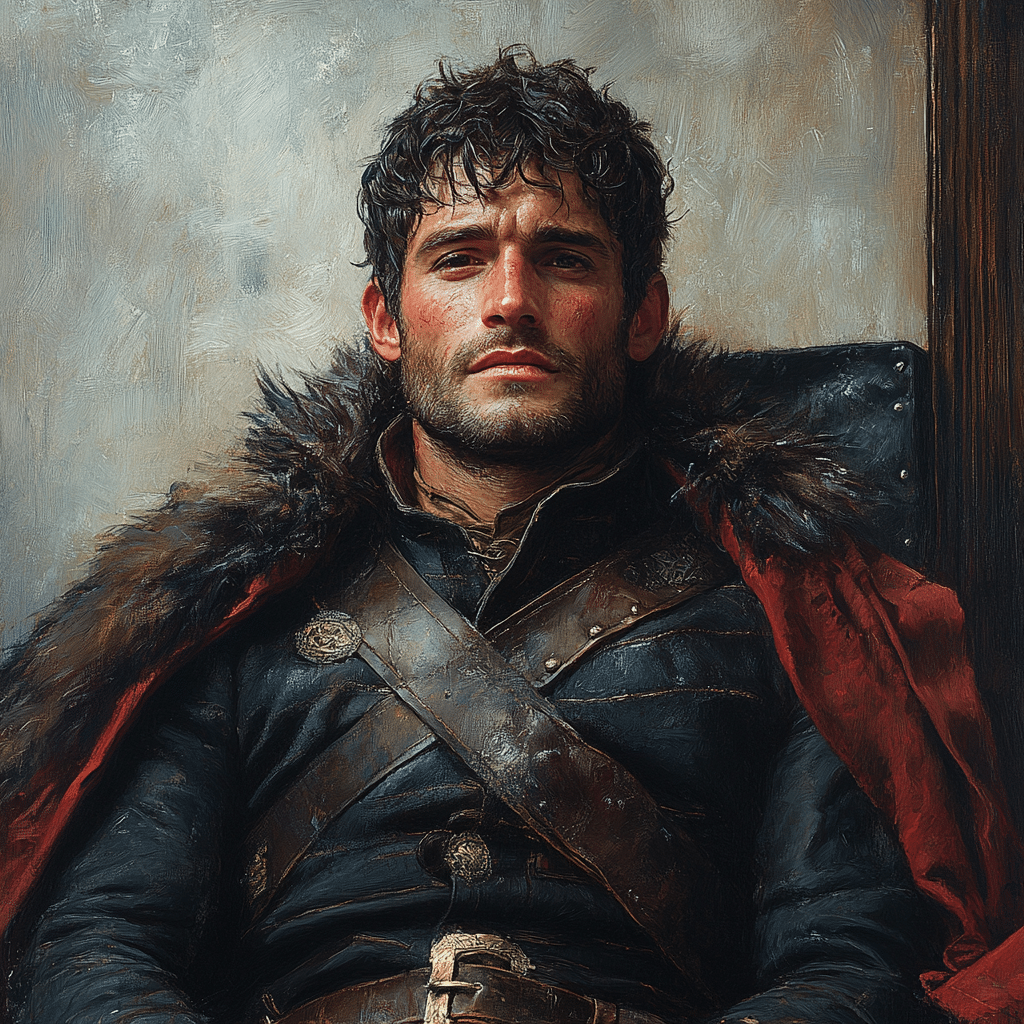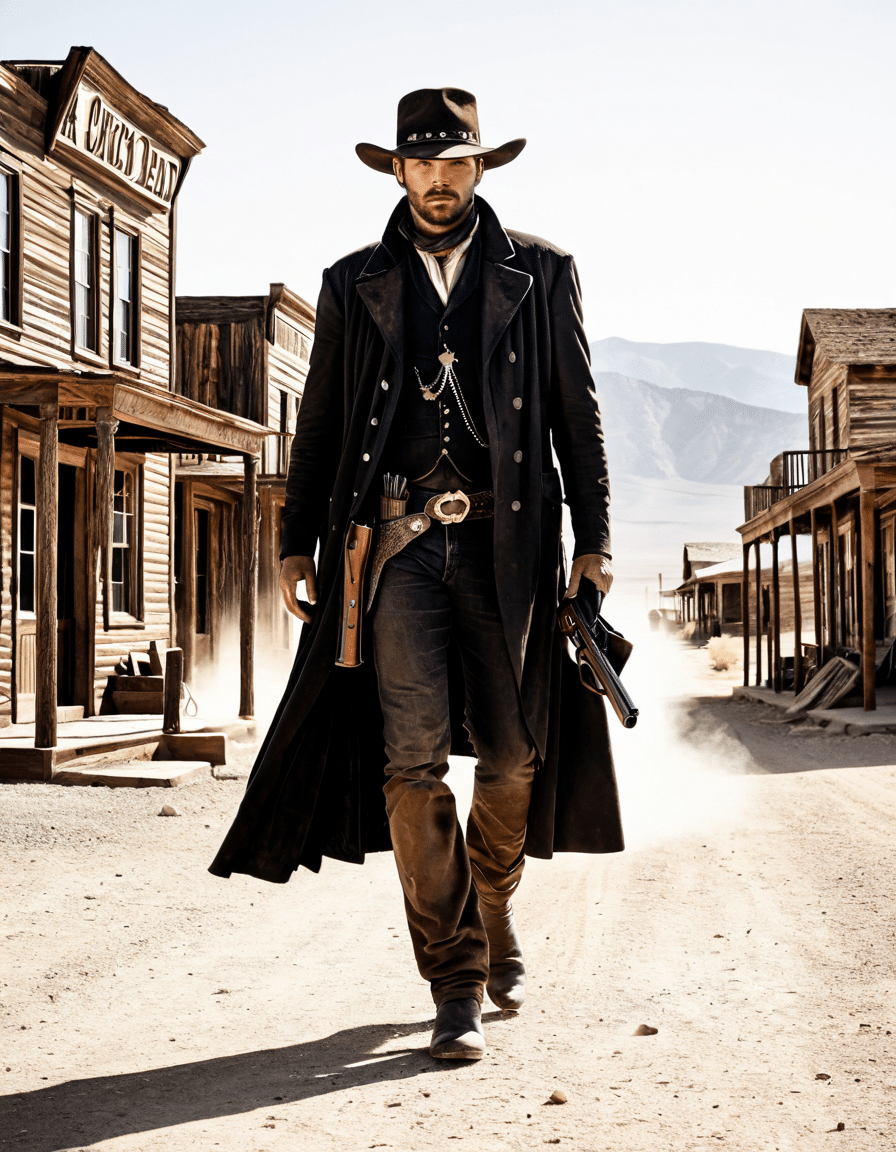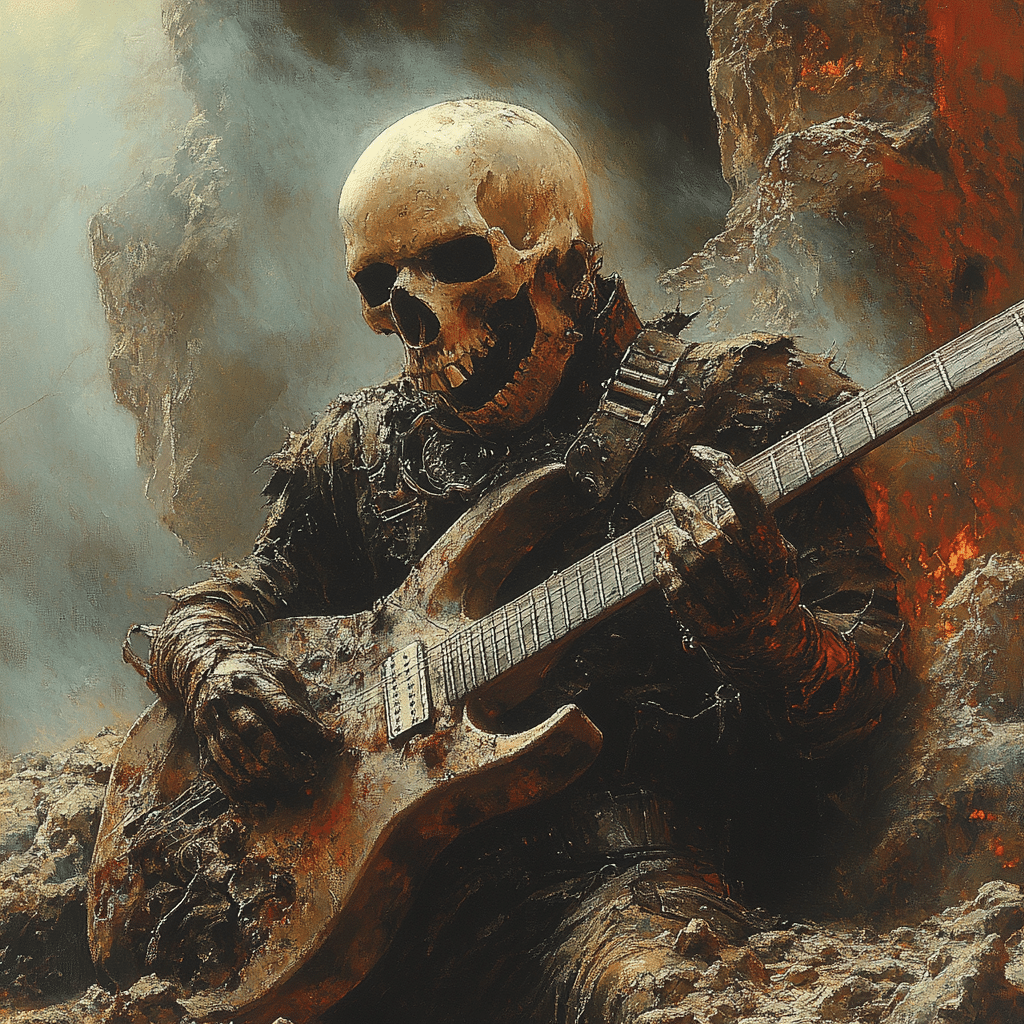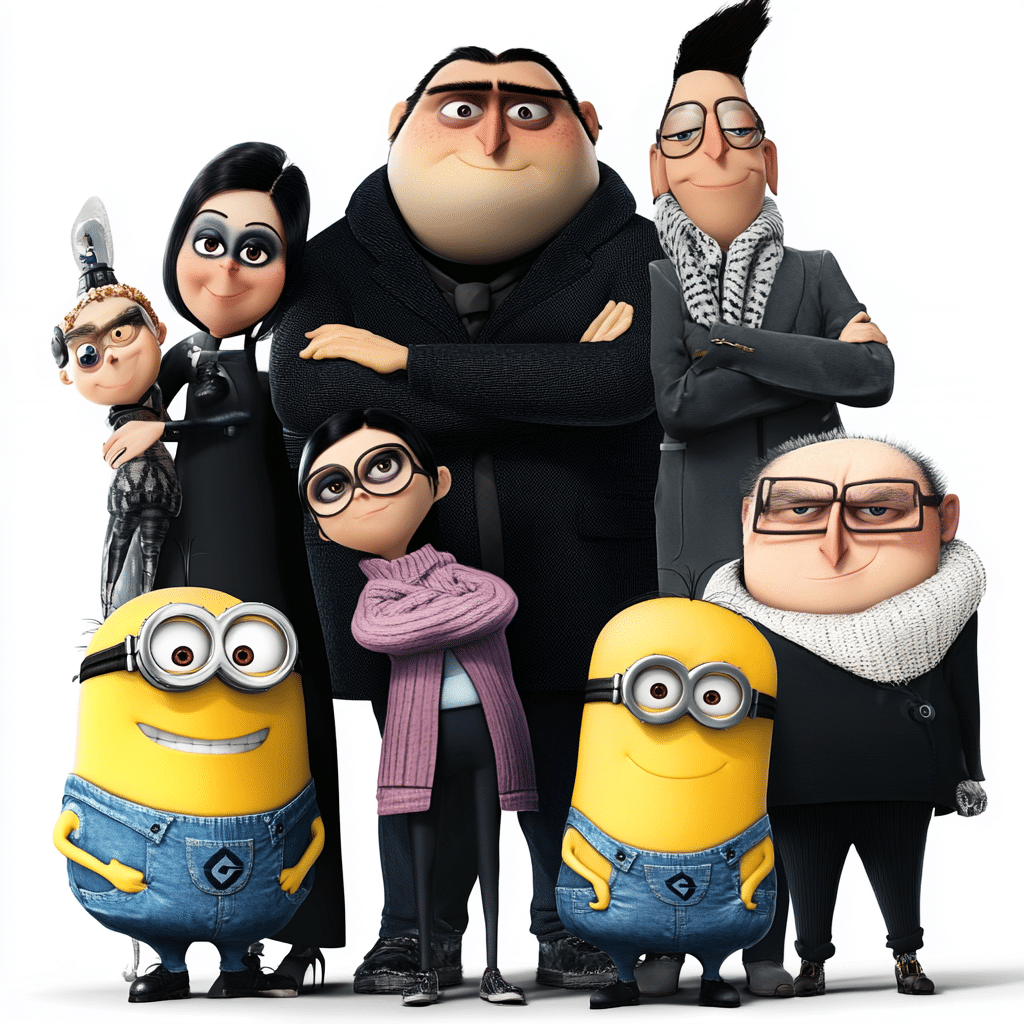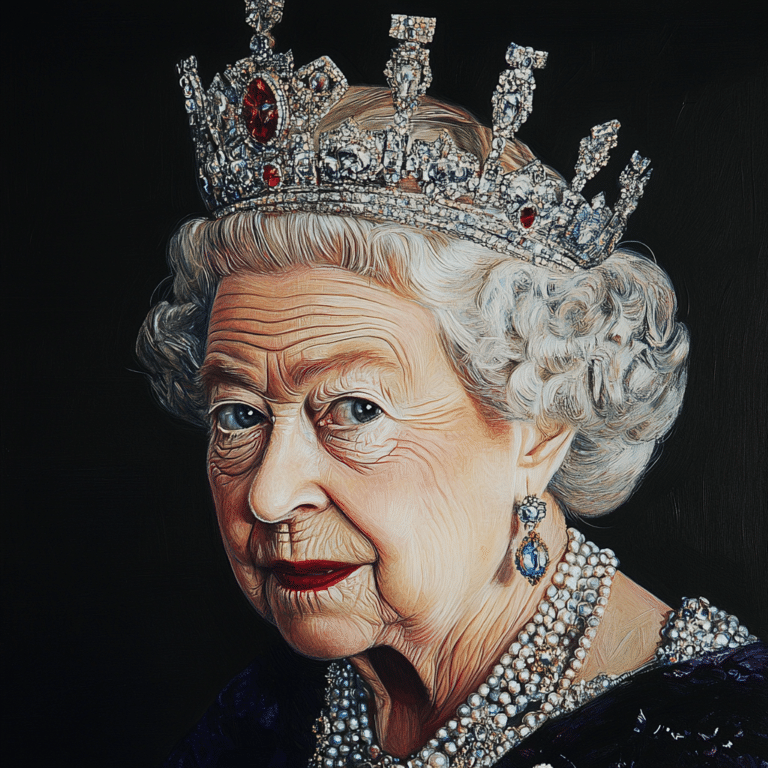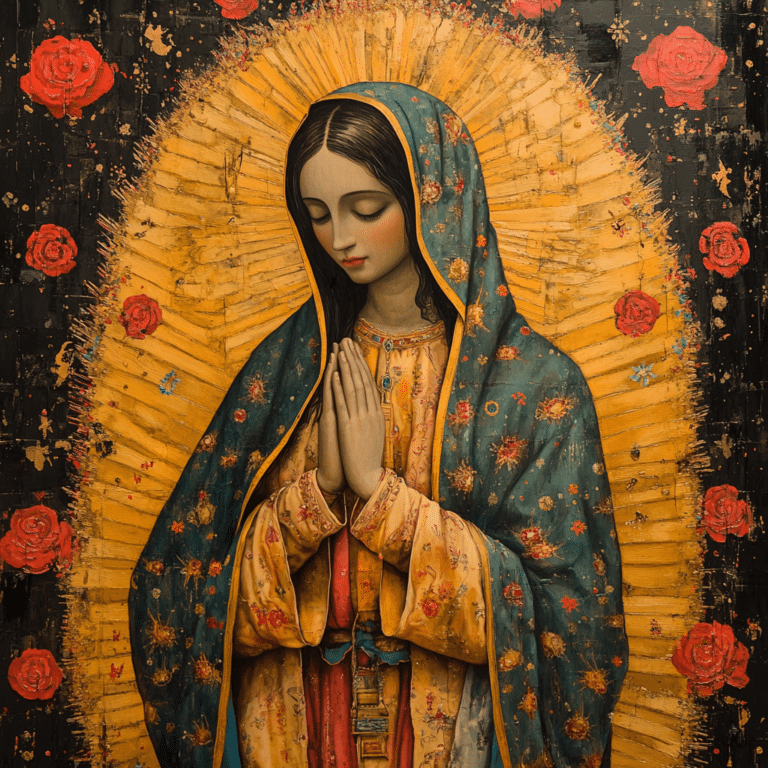Ramsay Bolton, a name that sends chills down spines, has truly carved his niche as one of the most sadistic villains in television history. Brought to life in HBO’s “Game of Thrones,” Ramsay isn’t just a run-of-the-mill bad guy; he’s the ultimate embodiment of cruelty. Watching him is like witnessing a masterclass in the darker shades of humanity, reminding us that not all villains operate under the banner of twisted righteousness. Instead, Ramsay thrives on pure malice, and audiences worldwide have felt the impact of his twisted psyche. So, let’s dive deep into what makes Ramsay Bolton the epitome of sadism on our screens.

Top 7 Reasons Ramsay Bolton Reigns as TV’s Ultimate Sadist
Ramsay Bolton’s approach to pain isn’t just about physical torture. Oh no, he finds real joy in the psychological suffering of his victims! This guy is like a kid at a candy store, except the candy is his concoction of unimaginable torment. While many villains might be driven by a warped sense of justice or revenge, Ramsay is motivated by a deep, sick pleasure in others’ agony. Valued lessons from psychological studies could tell us that trauma and a distinct lack of empathy can create individuals like Ramsay, whose experiences twist their moral compass to something dark and dangerous.
Being the illegitimate son of Roose Bolton does not come without its grim perks for Ramsay. His ruthless climb to power serves as a thrilling yet sobering commentary on ambition gone awry. He dances his way through the power play much like a puppet master, demonstrating that some will go to horrifying lengths for dominance. If only political figures understood that ambition paired with ethicality leads to stability rather than reigns of terror! Ramsay’s brutal tactics expose that unchecked ambition can morph who you are, turning you into a nightmare wrapped in a cunning grin.
Talk about keeping your enemies close! Ramsay’s manipulation and abuse of those nearest to him are chilling. His relationship with Sansa Stark is not just unsettling; it’s downright harrowing. Sansa’s sad journey through Ramsay’s brutality offers viewers a poignant lens on surviving toxic relationships. After all, Ramsay’s actions shine a light on the complexities of such dynamics, making you cringe in empathy while rooting for Sansa’s resilience. It’s a disturbing reflection of real-life struggles that many can relate to, leaving viewers both horrified and profoundly engaged.
Ah, the age-old debate: does violence on screen serve as a cathartic release or a troubling glorification? Ramsay Bolton is at the heart of this conversation, often prompting a visceral reaction from viewers. He embodies the dark allure of villainy, drawing some in while leaving others completely unsettled. Seriously, how can you not feel conflicted about enjoying a character like Ramsay? His presence has ignited discussions on storytelling, morality, and how we process our entertainment—leading many to ponder if our fascination with such evil is reflective of our own curiosities about human nature.
Let’s put Ramsay Bolton in a ring with other well-known villains like Walter White from “Breaking Bad” or the charismatic goofball Taylor Russell in “The Call of the Night.” While many of these characters are steeped in shades of gray, Ramsay is a no-holds-barred sadist who doesn’t hide behind redeeming qualities. Even Wentworth Miller’s Michael Scofield, despite his criminal background, has flashes of goodness. Ramsay, however, screams chaos at every corner without a hint of remorse, creating a chilling contrast to other character arcs. This open form of villainy pushes the boundaries of storytelling, hence forcing us to rethink what makes a good villain.
Say what you will about Ramsay, but his character has left an indelible mark on the television landscape. Following his portrayal, writers have felt emboldened to dive deeper into the motivations behind evil, creating complex narratives where characters wear the cloak of villainy with pride. This acceptance of psychological depth in the realm of antagonists showcases storytelling’s evolution, leading to captivating narratives that leave audiences questioning their morals, values, and humanity. Ramsay’s legacy reminds us that the lines between hero and villain can be blurred, sometimes to the point of ambiguity.
Ramsay Bolton has grown beyond the screen, marking himself a figure in cultural discussions about morality. “If you think this has a happy ending, you haven’t been paying attention,” is a phrase that haunts discussions on fate and tragedy. This one-liner alone marks him as an icon of darkness, sparking a myriad of theories on villainology within fandoms. The cultural ramifications of his character linger long after the episodes end, influencing how we understand storytelling and the archetypes of good and evil, slithering into discussions on platforms like Vice World News and beyond!
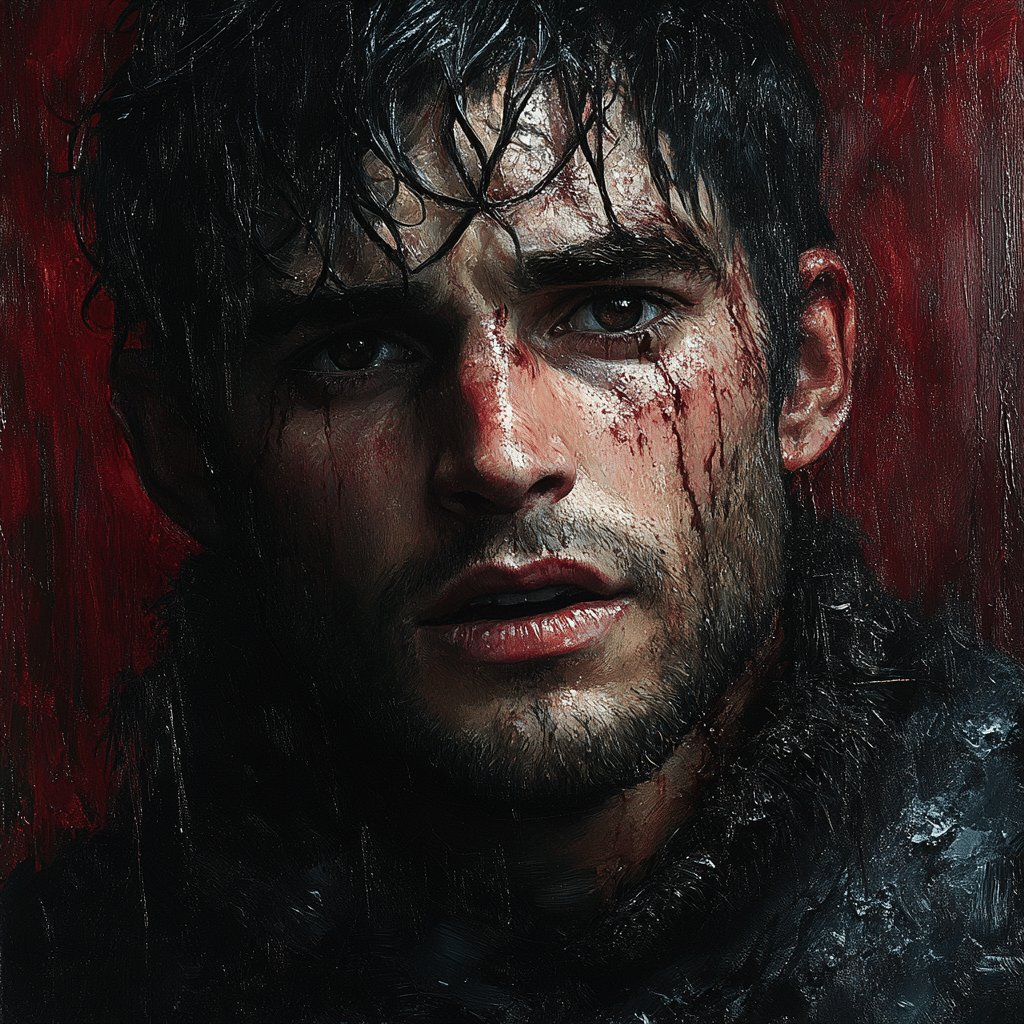
The Enduring Darkness of Ramsay Bolton
In conclusion, Ramsay Bolton isn’t just a character; he’s a reflection of humanity’s darker facets. His enduring portrayal is a chilling exploration of the human condition, merging cruelty with an unsettling understanding of power dynamics. As storytelling progresses, characters like Ramsay continue to challenge our perceptions and provoke thought about morality. Let’s face it, we’re drawn to darker narratives because they entertain us and reveal deeper truths about ourselves. So, while we might cringe at his actions, we can’t help but engage with the complexities that come with them. The dialogue around Ramsay Bolton will undoubtedly echo through future generations, keeping his legacy alive as a touchstone in the ever-complex world of television storytelling.
Ramsay Bolton remains a gripping reminder of why we love to hate certain villains—the pull of engaging with the darkest parts of humanity is just too irresistible!
Ramsay Bolton: The Most Sadistic Villain in TV History
Ramsay Bolton, the infamous character from Game of Thrones, left a lasting impression as television’s most chilling antagonist. Played masterfully by Iwan Rheon, Ramsay’s depravity transcended traditional villainy, making him a figure of both fear and fascination. Interestingly, Rheon drew inspiration from various sources to craft this iconic role, leading to some fascinating tidbits about the character’s impact on pop culture. For instance, many fans have noted how the show’s mix of fantasy and brutal realism has mimicked societal themes, akin to the social commentary featured in Vice World News.
The Making of Ramsay Bolton
What truly makes Ramsay an unforgettable character is his unpredictability, including the extremes he goes to in exerting control over others. His notorious line about flaying his enemies became an Internet sensation, leading to a slew of cringe meme that spread rapidly online. Furthermore, Ramsay’s relationship with Theon Greyjoy epitomizes betrayal, mirroring elements often highlighted in compelling narratives like those seen with Eden Mccoy, who understands the depths of character complexities in her dramatic roles.
The Evolution of Villainy
Ramsay Bolton’s character wasn’t just a depiction of evil for evil’s sake. As fans analyzed his actions, many drew parallels to other striking villains in cinema. For instance, his manipulative demeanor has been likened to iconic characters from various genres, creating an intriguing dialogue about what makes a compelling antagonist. This dives deep into the nature of villainy, revealing layers akin to the layers that actors such as Miranda Hart and Lana Wood bring to their diverse roles, captivating audiences worldwide. Additionally, Rheon’s casting might resonate with fans of quirky comedies, similar to the humor shared among the Eurotrip cast, showcasing how versatile actors can achieve multifaceted characters.
In the end, Ramsay Bolton stands out not just for his cruel deeds, but for the fear he instills in both his fellow characters and viewers alike. Fans often find themselves captivated by how his chilling persona influences pop culture, including even other forms of media like horror-themed animations reminiscent of Valentino Hazbin hotel, and topics discussed by artists like Joshua Hall and Eazy The Block captain. Ramsay’s legacy continues to spark conversation, cementing his status as a staple of unforgettable television villainy.
